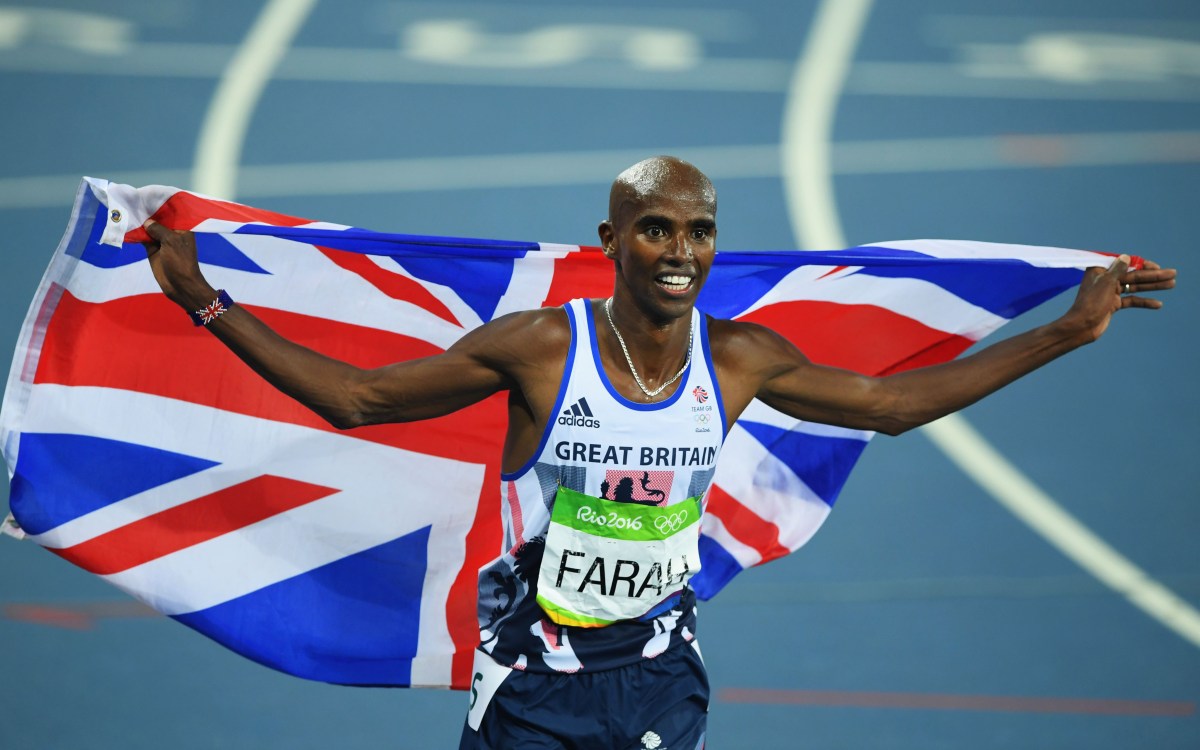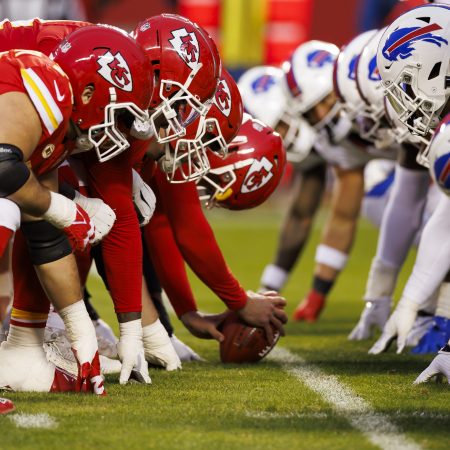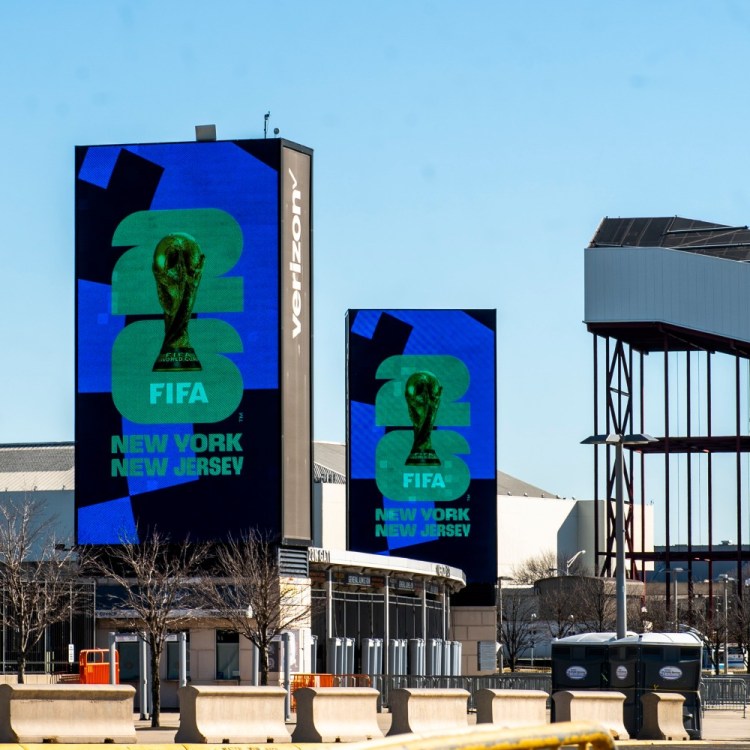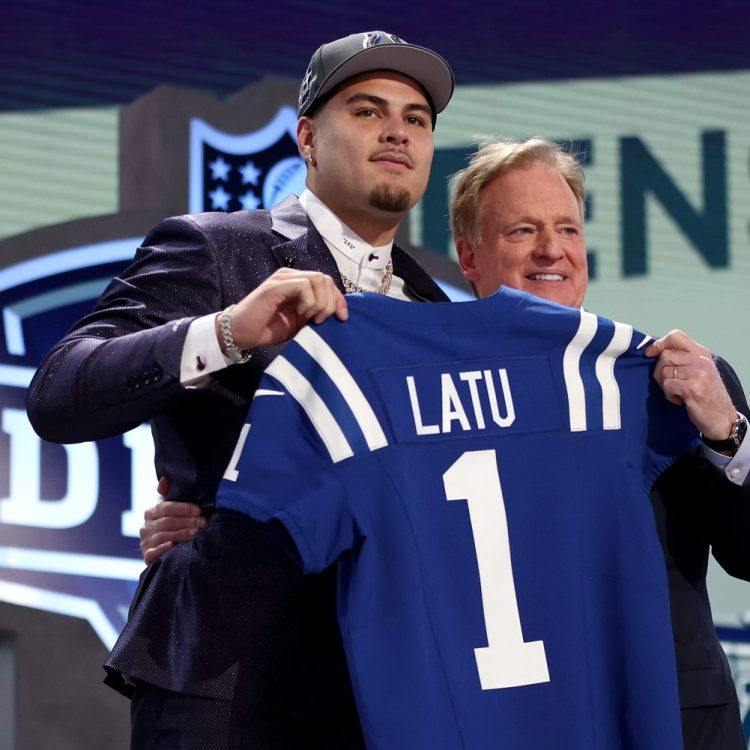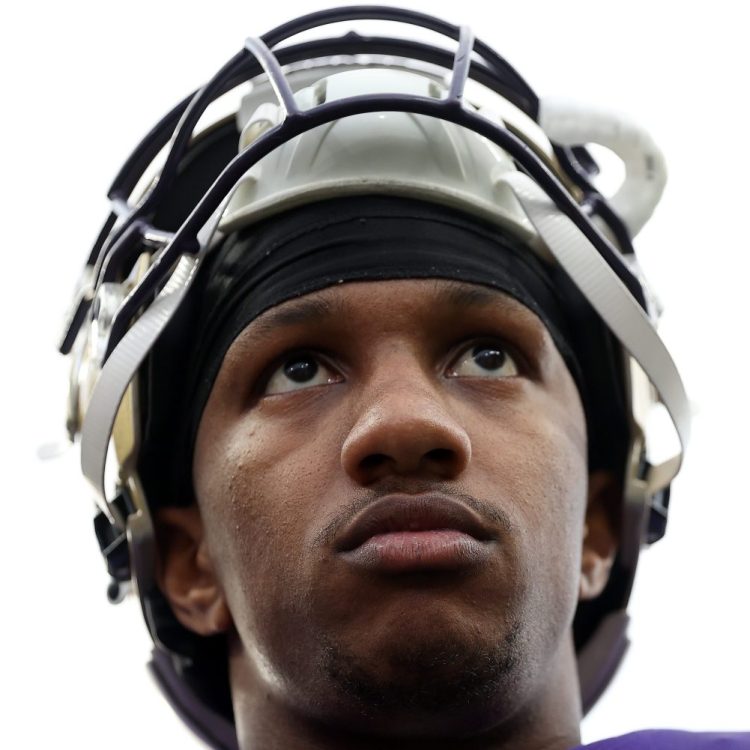Sir Mo Farah, the greatest long-distance runner in British history, and the most decorated male track distance runner ever, revealed in a BBC documentary special that the immigration story he’s long presented to the public is untrue. He did not arrive to the United Kingdom as a child with his parents as a Somali refugee. His father actually died when he was four, as a result of civil unrest in Somalia, and to this day, his mother still hasn’t been to the U.K.
“The real story is I was born in Somaliland, north of Somalia, as Hussein Abdi Kahin,” Farah said in the documentary, which is slated to air this Wednesday. “Despite what I’ve said in the past, my parents never lived in the U.K.”
Farah’s mother, Aisha, sent her son to Djibouti right around his ninth birthday. “We were living in a place with nothing, no cattle, and destroyed land,” she told the BBC. “We all thought we were dying. ‘Boom, boom, boom,’ was all we heard. I sent him away because of the war. I sent him off to his uncle in Djibouti so he could have something.”
But Farah’s new life in Djibouti never materialized. Instead, he was given false documents with the name Mohamed Muktar Jama Farah. A woman he’d never met brought him on a plane, claiming she was bringing him to his relatives in Europe. But the moment he got to her apartment in London, she discarded his papers.
“Right in front of me, she ripped it up and put it in the bin. At that moment, I knew I was in trouble,” he said. The woman brought him to another family, where Farah was forced into domestic servitude. “If I wanted food in my mouth, my job was to look after those kids, shower them, cook for them, clean for them. She said, ‘If you ever want to see your family again, don’t say anything. If you say anything, they will take you away.’”
It took years for Farah to process that he was a victim of human trafficking. The family that kept him captive didn’t allow him to go to school for three years, until, at age 12, he enrolled at Year 7 at Feltham Community College. Staff were only informed that Farah was a refugee from Somalia; they remember him as “unkempt and uncared for” and “emotionally and culturally alienated,” per the BBC. The only place where the boy seemed to thrive was on the track.
Farah developed a bond with PE teacher Alan Watkinson. Over time, according to the BBC, Farah confided in Watkinson “his true identity, his background, and the family he was being forced to work for.”
Everything changed: Social services set up Farah with a Somali foster family, Farah remembers a “weight being lifted off [his] shoulders,” and his preternatural athletic ability was finally given full license to shine. Farah began winning races throughout England. When the young superstar started receiving invites to meets in mainland Europe, Watkinson helped Farah apply for British citizenship.
The rest is history, but it’s stunning that Farah’s true history wasn’t known until now; the 39-year-old legend was knighted by the Queen in 2017, and has long been lauded as “a quintessential British success story.” In reality, his origin story is more remarkable than anyone could’ve imagined.
Already, pundits in the news and on Twitter have questioned why Farah chose this moment to share the full extent of his background. He published an autobiography back in 2013 — why not divulge his experience then?
But Farah hasn’t owed the public anything. He overcame unspeakable trauma to become one of the greatest athletes of our time. Surely the man should be allowed to process the death of his father, his separation from his mother and brothers, and his childhood trafficking on his own terms, in his own time?
Besides, Farah, like many other child victims, didn’t fully understand that he was a victim of a crime. His traffickers used fear and manipulation to convince him that he had entered the country illegally. But the British Home Office doesn’t consider a child complicit “when citizenship is gained by deception” (and has already said it has zero plans of taking action against Farah). In the documentary, a barrister explains to Farah: “In your case, you were obliged as a very small child yourself to look after small children and to be a domestic servant. And then you told the relevant authorities, ‘That is not my name.’ All of those combine to lessen the risk that the Home Office will take away your nationality.”
Plus, of course, there’s the fact that he’s Sir Mo freaking Farah. Hopefully, now that Farah’s full story is seeing the light of day, other victims of trafficking will feel emboldened to tell their stories, without fear of extradition.
As for Farah’s running career, he’s gearing up to tackle the London Marathon this October. When not training, he keeps busy with his three daughters and son. His son is named Hussein.
Whether you’re looking to get into shape, or just get out of a funk, The Charge has got you covered. Sign up for our new wellness newsletter today.
